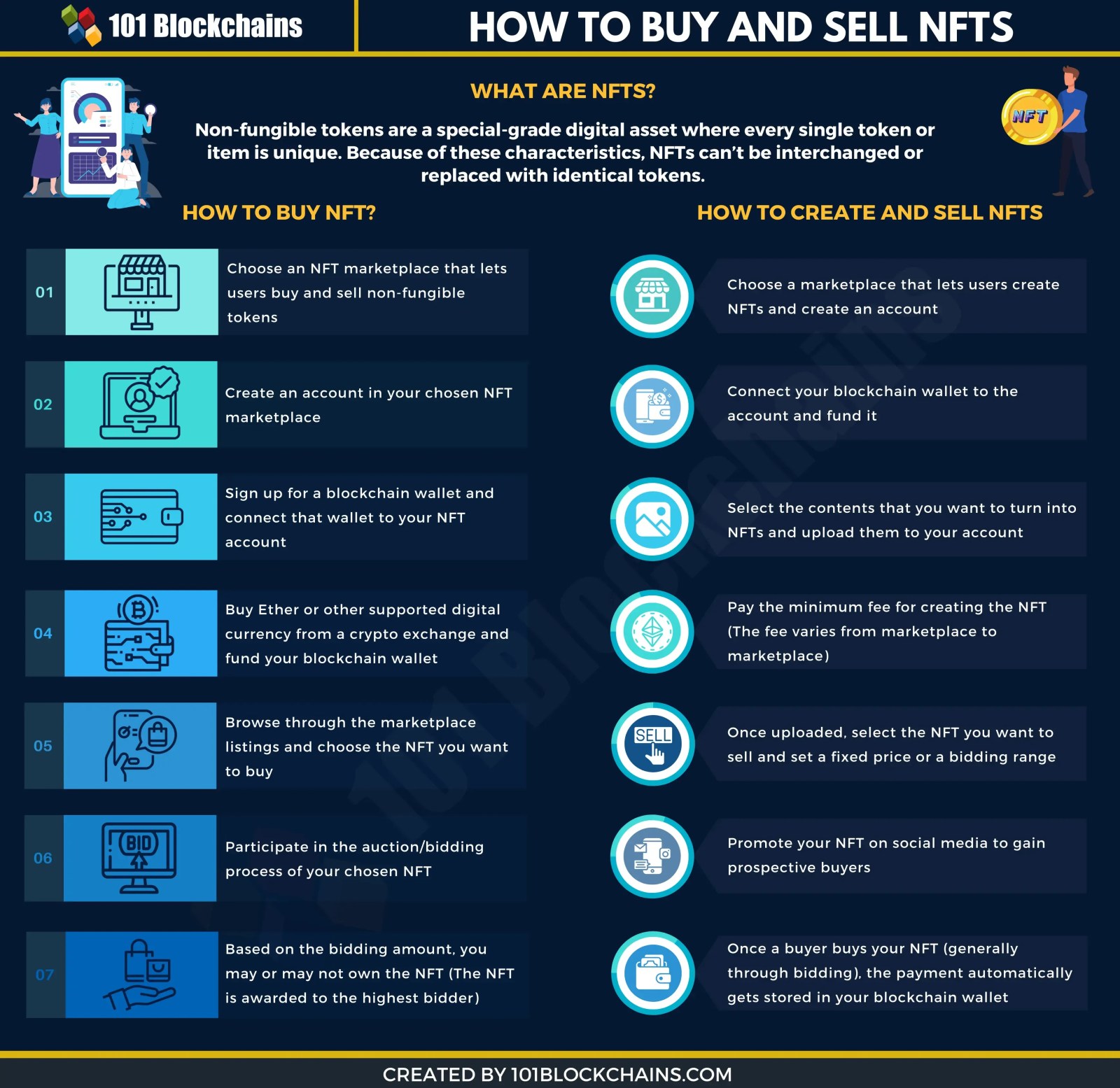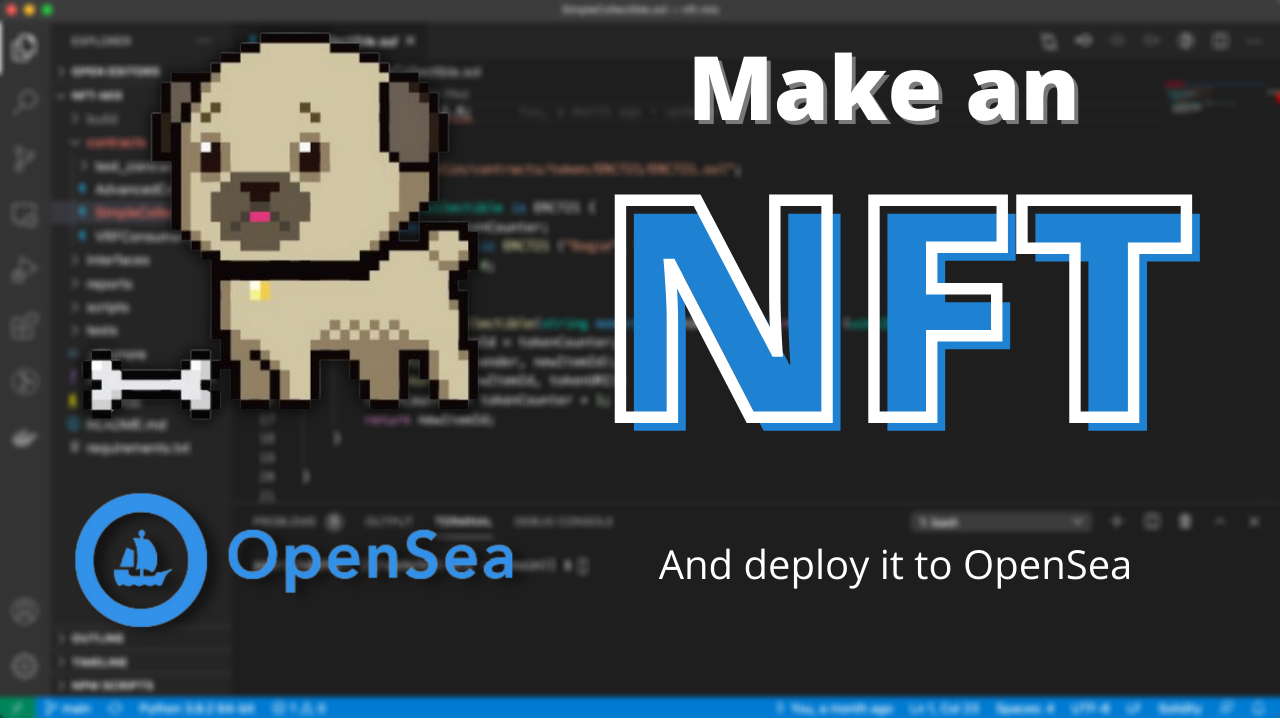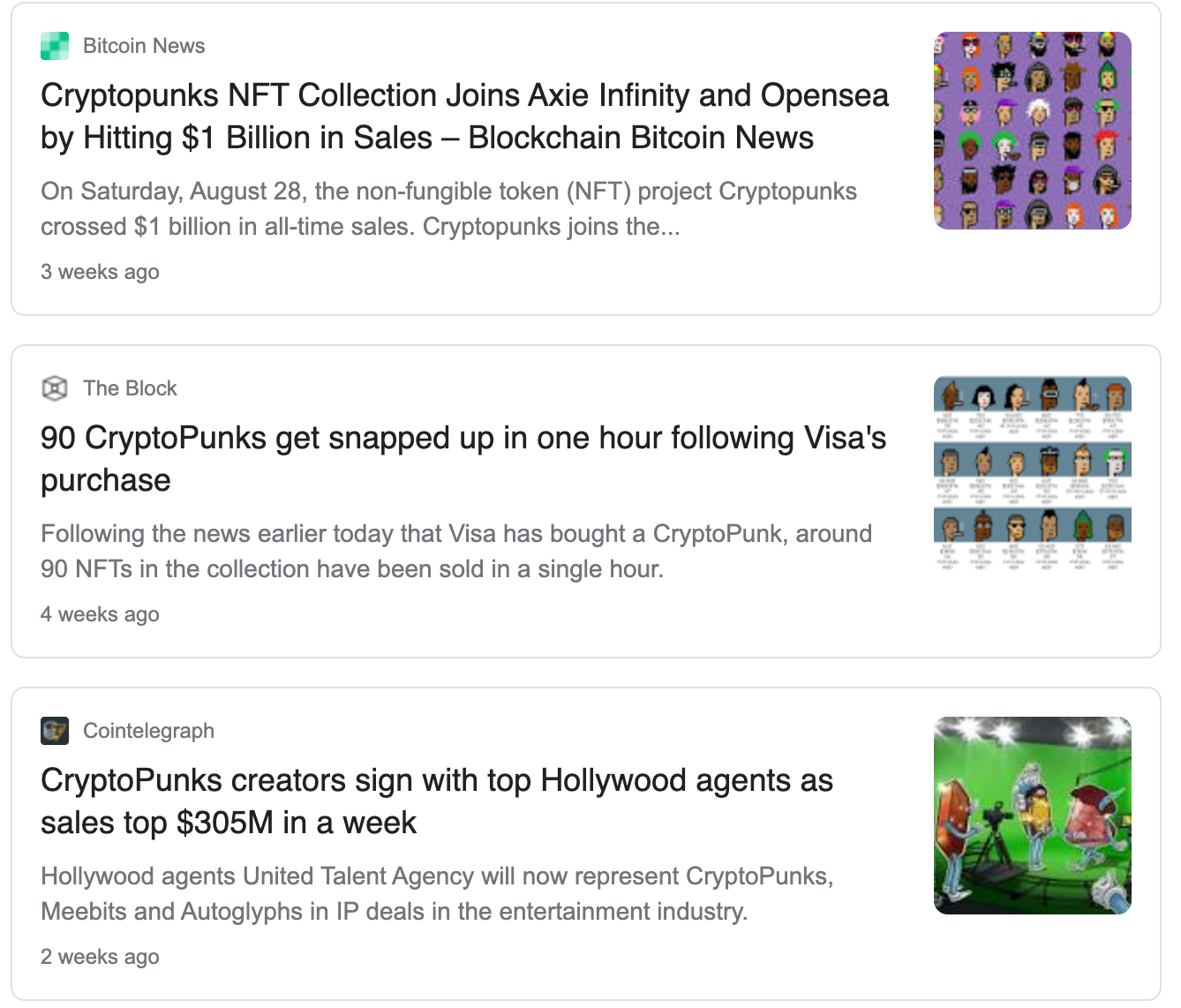As NFTs grow in popularity, they are looking to completely reshape the digital photography world—and artists need to be able to keep up.
While many people in the blockchain sphere are already talking about NFTs, there are some photographers who still have questions about these tokens. I’m here to break it down for you with a simple and straightforward guide to NFTs.
Starting With the Basics
Blockchains work to help protect unique online content. A blockchain can thwart the unauthorized distribution of content. There are many photographers who find that unauthorized use of their work impacts their bottom line.
A blockchain will help prove copyright and ownership of the original art and content.
Non-Fungible Tokens and Photography
NFTs are an example of how these blockchains are being applied. An NFT provides a way to tokenize a digital or hard asset that can be sold or traded through a digital exchange. NFTs can also be sold from party to party, such as from a photographer to a buyer.
NFTs allow photographers to tokenize their work so that they can sell their work online and not worry about others using it without permission. While NFTs have become increasingly popular in the digital photography world, they can also apply to other forms of artwork and digital graphics.
It is important to remember that an NFT represents something that is unique and there can only be one token that represents that artwork. You cannot have multiple tokens for the same photograph. However, this does mean that you can tokenize both an original shot on film as well as a digitally edited version of your photo.

How to Tokenize Your Photos
Once you have a unique photo that you are ready to sell, you can start the process of tokenizing your work. If you want to establish ownership or rights to your work before it is displayed on a public network, then you can use blockchain to verify your claim on this piece of artwork.
The token that you use for your work will be a form of cryptocurrency, while the settlement layer is in the blockchain. Simply put, it is the database that will store information and details of your photo in a manner that can’t be tampered with, modified, censored, or deleted.
You may purchase my Yosemite Firefall NFT on Rarible now https://t.co/BmBhE8Nb1K? #rarible #ethereum #nonfungible #digitalasset #nft via @rarible
—
(@DhavaliLama) September 19, 2021
It will cost money to create an NFT or a token, but when you do, it will be an official recording of ownership of your digital content. This means that your work will be available on a decentralized network for transfer or purchase.
This means you will have created value in your content but you don’t need an arbiter or third party to do so. You, the artist, are the one who has control over this, and all of the proceeds will go to you.
What Do I Need to Create an NFT?
If you are completely new to the world of cryptocurrency and blockchains, then this may all seem rather overwhelming and complex. But you don’t really need a great deal of tech experience in order to start creating and selling your NFT.
First, you will want to decide on a marketplace to use in order to buy and sell your NFTs. There are two very popular platforms that many artists and buyers use to conduct these transactions. They allow you to showcase your work and to use verified badges of authenticity to show that your work is valid. Rarible and OpenSea are two of the most popular platform that photographers and artists today use.

The most important thing you need is a digital wallet. If you don’t already have one, most NFT platforms will help you get started and provide you with a link and guidance on how to install it. This is where you will track how many coins or tokens you hold and keep track of your digital assets. Your digital wallet will keep your cryptocurrency safe.
In today’s digital marketplace, taking great photos is only half of the battle. You also need to be able to share that work in a safe and reliable manner in today’s marketplace, and NFTs are proving to be one of the safest and most popular ways to do this.
This post originally appeared on dhavalilama.com. You can follow Dhaval on Twitter and Instagram.
The post NFTs for photographers: A beginner’s guide appeared first on CryptoSlate.




















